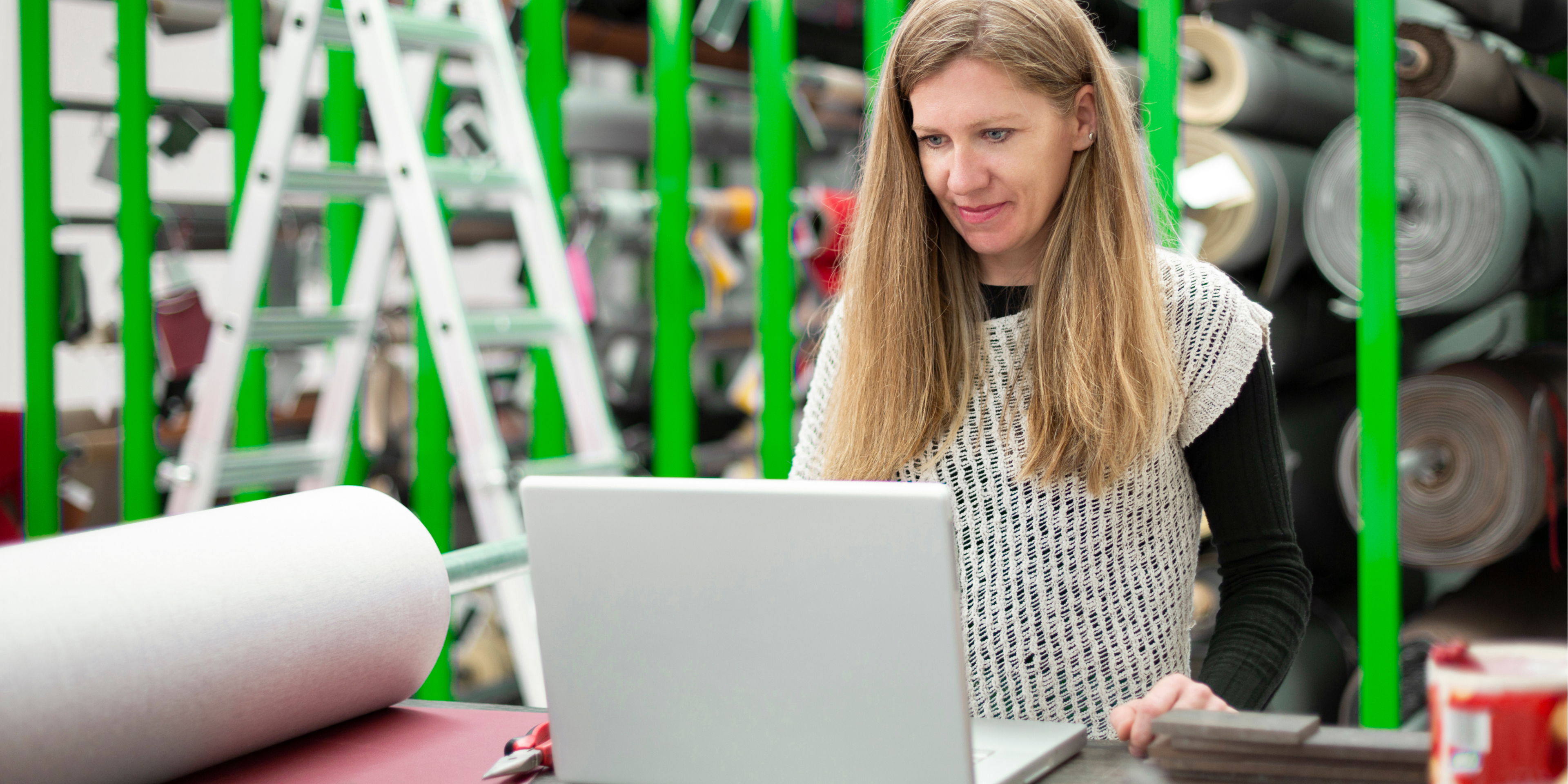- Building Materials
- 9 min read
- August 2024
Must-Have ERP Features for the Building Materials Industry
Key Takeaways
Enterprise Resource Planning (ERP) systems have long been the backbone of businesses, serving as centralized solutions to manage operations from end to end. However, to stay competitive in the current volatile and uncertain market, companies require ERP systems that can adapt to modern business needs.
Businesses in the building materials industry are facing mounting pressure to improve operational efficiency, reduce costs, and enhance customer experience to keep up with the digitally-aligned user base.
That is one of the most basic reasons for its reliance on technology to streamline its processes and enhance decision-making.
As a business owner, you must already be involved in many key transformation initiatives and related decisions, and you might not think of one more!
Don’t worry—we are here to help you understand. Instead of opting for full replacements—which can be costly, time-intensive, and disruptive—many of you can move toward modernizing your existing ERP systems through strategic integrations.
And that is the main theme of this article.
Exploring the must-have ERP features that can be integrated into existing systems to enhance business efficiency, optimize processes, and secure a competitive edge for companies in the building materials sector.
Must-have ERP features for building materials processes
The global ERP software market size was valued at USD 54.76 billion in 2022 and is expected to expand at a compound annual growth rate (CAGR) of 11.0% from 2023 to 2030. - GrandViewResearch
ERP systems are already well-established as critical tools in managing various aspects of a business, and the evolving landscape of the building materials industry has highlighted the need for modernization.
As businesses expand and markets become increasingly complex, traditional ERP solutions can start to show their limitations.
The assumption that businesses need to replace their entire ERP systems to access new features is a common misconception.
Modern ERP solutions don’t always require a complete overhaul; instead, they can be effectively enhanced by integrating new functionalities into existing systems.
The advantages of upgrading an ERP system through integrations are clear: reduced costs, minimized downtime, and faster deployment, which is crucial for businesses that cannot afford prolonged disruptions.
The building materials sector, known for its complex operations and evolving challenges, requires ERP software features that are both advanced and customizable. This section highlights key features of modern ERP platforms that can drive efficiency, scalability, and profitability.
1. Compatibility with the latest platforms and technology
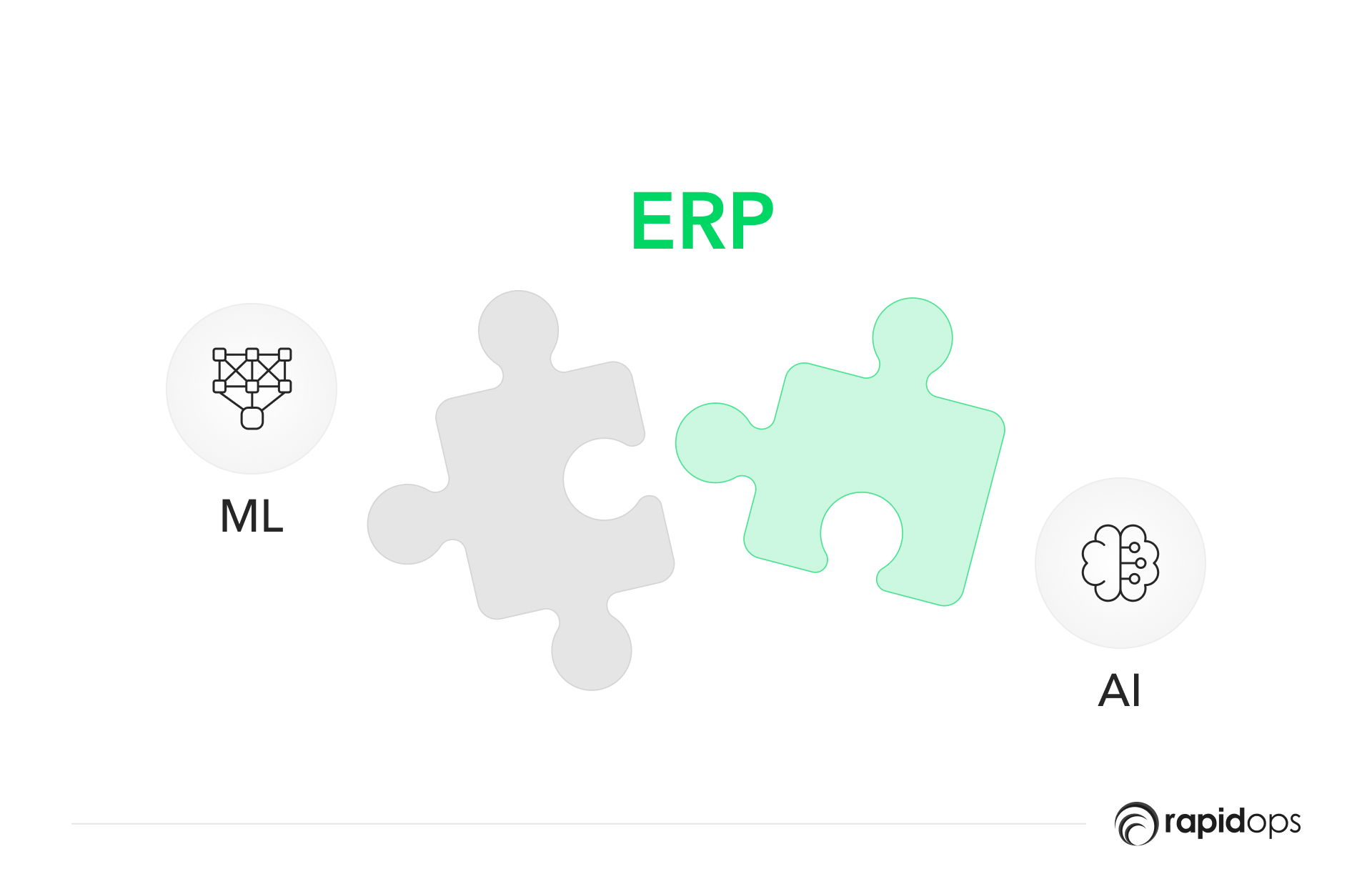
Modern ERP systems must be compatible with the latest platforms and technologies.
Whether it’s cloud-based solutions, AI-driven analytics, IoT devices, modern eCommerce platforms, or CPQ (Configure, Price, Quote) tools, having ERP software features that integrate smoothly is crucial for building materials businesses.
By integrating these technologies, your ERP solution remains scalable and adaptable, giving your business a competitive edge. Additionally, aligning your ERP with modern eCommerce platforms allows seamless product and order management, while CPQ tools streamline complex quoting processes.
Staying ahead with up-to-date technology ensures that your ERP can support current and future business needs.
2. Automated processes
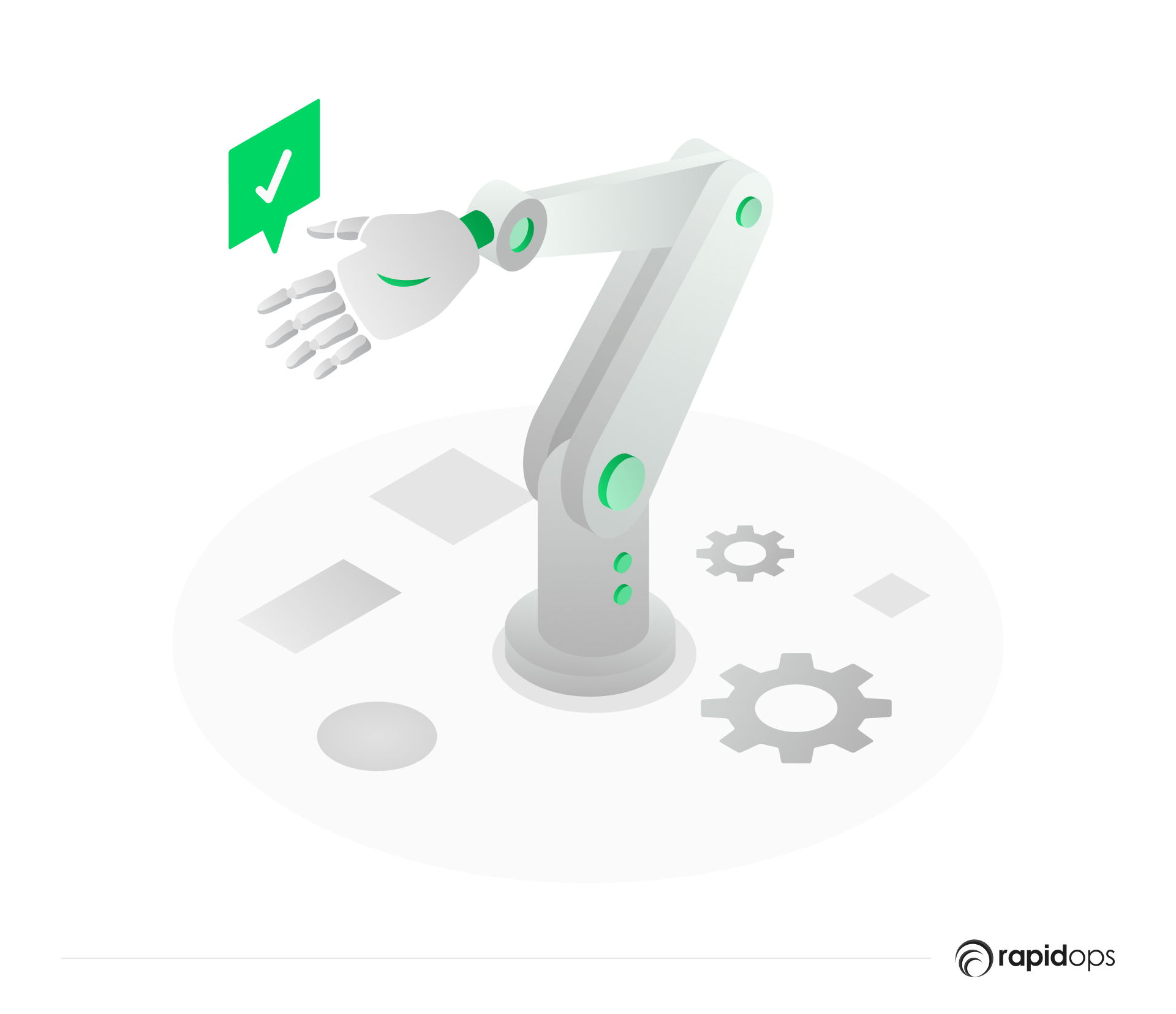
Automation is a must-have feature of ERP software in the building materials industry. Automated processes can streamline tasks like order management, invoicing, and procurement, reducing human error and speeding up operations. Your business can achieve higher efficiency and focus more on strategic initiatives, making automated workflows one of the most important features of ERP systems.
3. Integration and scalability
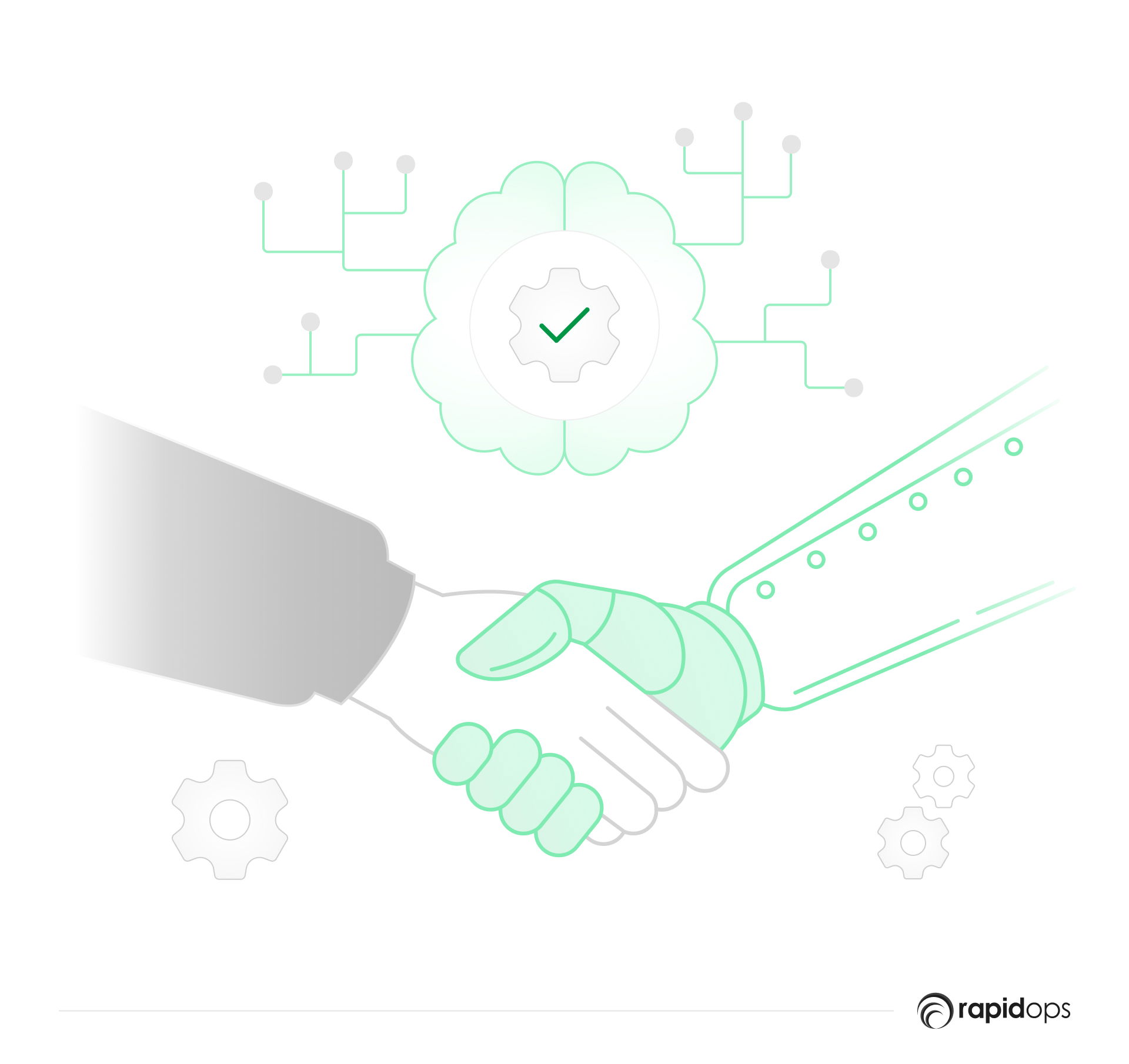
For companies planning growth, having ERP features that support seamless integration and scalability is essential.
An ERP system that integrates easily with other platforms—like supply chain management, CRM, inventory management, modern eCommerce platforms, CPQ tools, and PIS (Product Information Systems)—ensures smooth operations across the board.
Integration is one of the key features of modern ERP platforms, particularly in the building materials industry, where fluctuations in demand and supply chain complexities are common.
Moreover, when businesses acquire or merge with other companies, having an ERP system capable of connecting with their existing systems is vital for maintaining efficiency and scalability.
Seamless integration allows your business to adapt quickly and leverage shared resources, ensuring a smooth transition during mergers and acquisitions.
4. Business intelligence and analytics
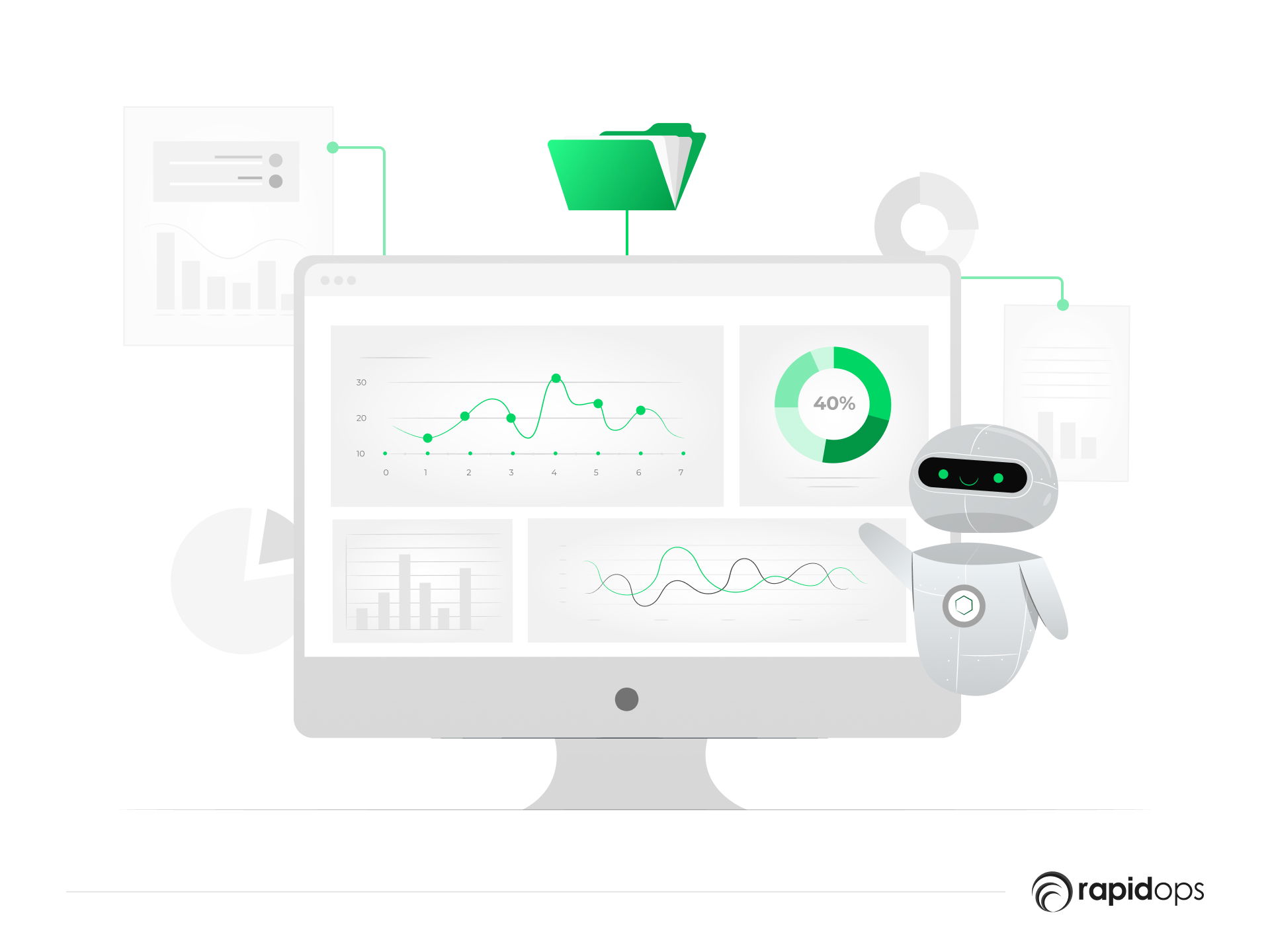
When it comes to making data-driven decisions, ERP software features with built-in business intelligence and analytics are vital.
Having real-time insights into your operations allows you to spot trends, optimize processes, and make smarter decisions. In the building materials sector, where competition is fierce, this capability offers a significant advantage by providing actionable insights.
5. Unified view across operations

A unified dashboard is one of the features of ERP systems that is highly valued in industries like building materials.
Centralizing data from procurement, production, sales, and distribution into a single view eliminates data silos and allows for better decision-making.
This feature enables faster identification of issues and streamlines communication across departments.
6. Real-time data transitioning
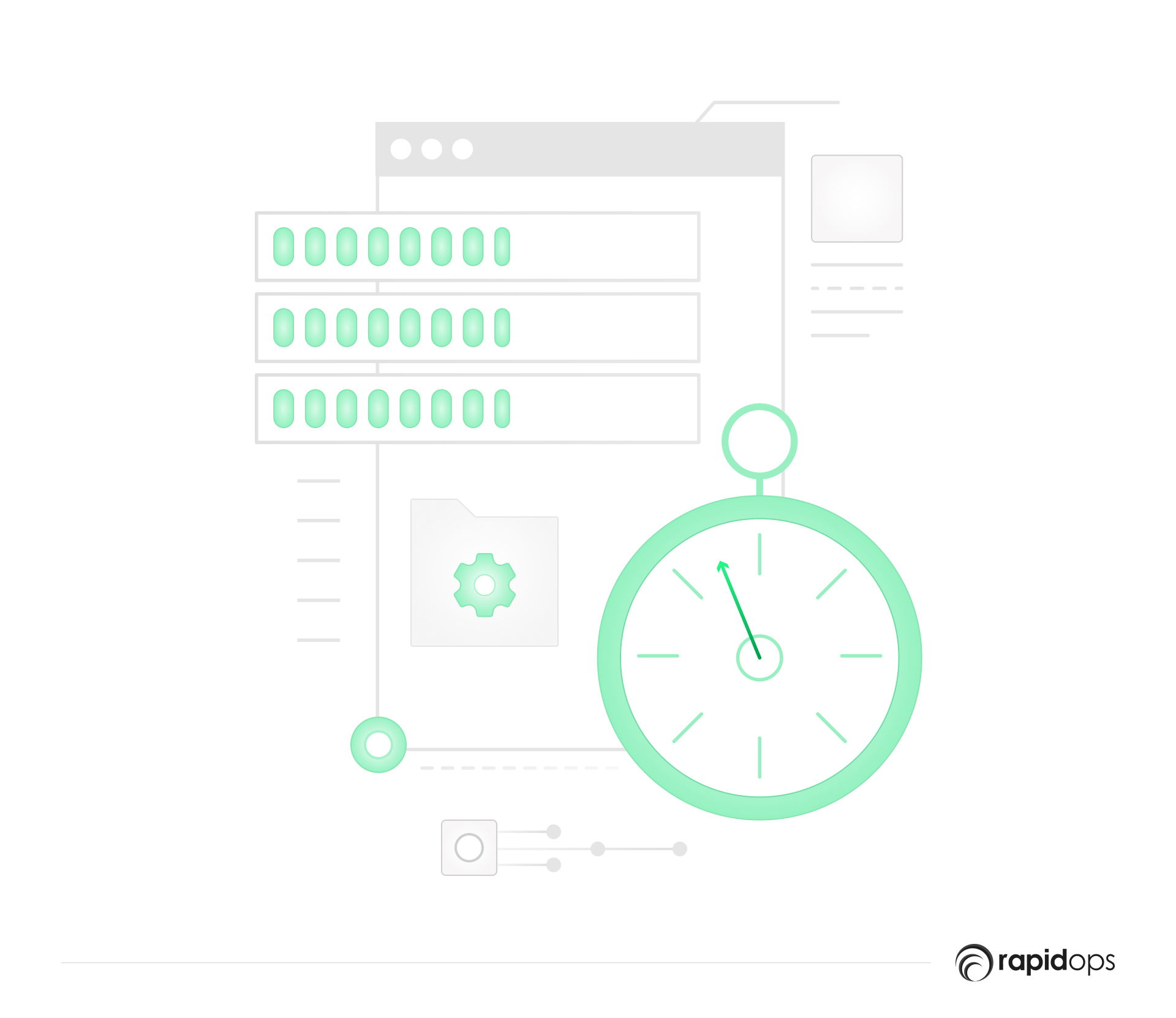
The building materials industry thrives on the ability to respond quickly to changing conditions. That’s where real-time data transitioning becomes critical.
Whether it’s tracking deliveries, managing supplier relationships, or adjusting inventory levels, having ERP features and functions that update data in real-time keeps everyone aligned and enables timely decision-making.
7. Mobile and remote accessibility

In an era where on-the-go decision-making is essential, ERP software features that offer mobile and remote accessibility have become increasingly crucial.
Whether your teams are at a job site, in transit, or at an offsite location, being able to access data and manage operations wherever they are ensures that your business stays responsive and agile.
This capability is particularly beneficial in the building materials industry, where mobility is key to managing supply chains, inventory, and customer interactions.
Conclusion thoughts: Choosing the right ERP features matters for the building materials industry
For businesses in the building materials industry, selecting the right ERP features and functions can be the difference between simply surviving and thriving.
The good news?
You don’t need to replace your entire ERP system to gain access to these capabilities. By modernizing your existing ERP with targeted integrations, you can enjoy the benefits of a modern system without the costs and risks of a full replacement.
At Rapidops, we specialize in ERP modernization for the building materials industry. With our deep understanding of what businesses in this industry need and experience integrating key features into existing ERP platforms, we help them unlock new levels of efficiency and profitability.
So, are you ready to take your ERP to the next level? Contact one of our ERP modernization experts today.
Frequently Asked Questions
What key ERP features are essential for the building materials industry?
How can ERP integrations improve scalability for growing businesses in the building materials industry?
How does mobile and remote accessibility benefit businesses in the building materials industry?
What are the benefits of integrating eCommerce and CPQ systems with ERP in the building materials industry?
Can modern ERP solutions handle the complex supply chain needs of the building materials industry?
What should building materials businesses consider when choosing ERP features?
How does real-time data transitioning within an ERP system improve decision-making in the building materials industry?
What role does automation play in modern ERP solutions for the building materials industry?
How can ERP software improve customer service in the building materials industry?




